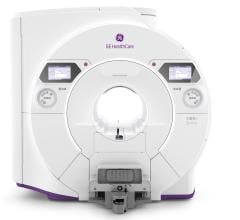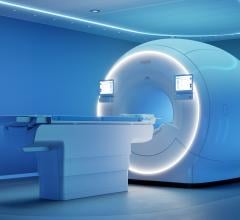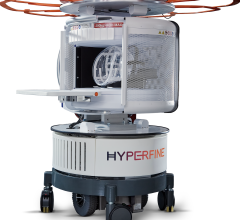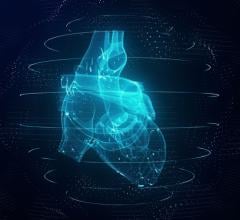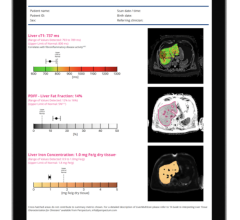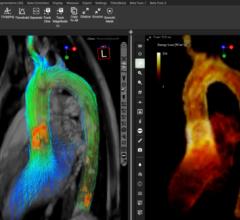
X4 CRT-D system image courtesy of Boston Scientific
October 30, 2015 — Boston Scientific Corp. has received CE Mark on magnetic resonance imaging (MRI) conditional labeling for the current family of EL (Extended Longevity) and Mini implantable cardioverter defibrillator (ICD) and the X4 cardiac resynchronization therapy defibrillator (CRT-D) systems. This revised labeling ensures that future patients and those already implanted with these systems are able to undergo MRI scans if indicated.
Patients with implantable cardiac devices have a wide variety of diagnostic imaging available to them, including X-rays and computed tomography (CT) scans, but Boston Scientific systems had not been evaluated as MRI conditional. This new system labeling, referred to as ImageReady MR Conditional devices, stipulates the conditions under which the systems are considered safe for use in a MRI setting.
"While the broader imaging compatibility will be important for some patients, I still expect device longevity and the ability to mitigate risk of complications to be the most critical factors in choosing the best system for each patient," said Gianluca Botto, head of electrophysiology and clinical arrhythmias at S. Anna Hospital, Como, Italy and president of Italian Association of Pacing and Arrhythmias.
Boston Scientific said that it is seeking regulatory approvals for revised labeling and updated software for systems using its EnduraLife battery technology in major markets by 2017.
ImageReady capabilities will be added to virtually all high-voltage products currently marketed, including Autogen, Dynagen, Inogen and Origen devices, as well as Acuity X4 quadripolar left ventricular (LV) leads, Ingevity and Fineline II pacing leads, and Reliance 4-Site and 4-Front defibrillator leads.
For more information: www.bostonscientific.com

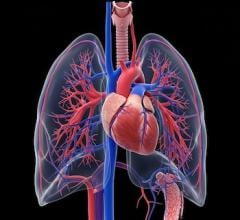
 January 21, 2026
January 21, 2026 

